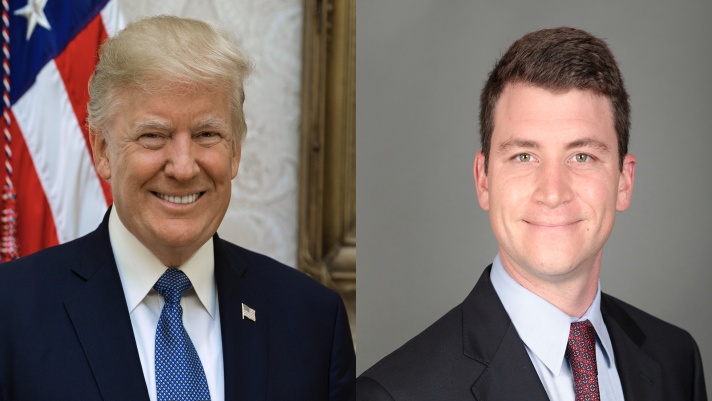
In a recent interview, Jason Miller, a senior adviser to former President Donald Trump, emphasized the significance of Trump’s influence in ongoing negotiations regarding a cease-fire agreement. Miller expressed that Trump’s leadership has been crucial in facilitating discussions that were deemed unprecedented, noting that both outgoing and incoming administration officials were present at the negotiation table. He credited Trump’s “massive mandate” for his effectiveness in international diplomacy, particularly in the Middle East.
Miller highlighted that the current developments in the region would not have occurred without Trump’s decisive actions and strong messaging. He asserted that Trump’s assertiveness is recognized by both allies and adversaries, creating a sense of urgency in negotiations. According to Miller, Trump has not only made strides toward peace in the Middle East but has done so multiple times, claiming that such accomplishments are “Nobel Prize worthy.”
The conversation also touched upon Steve Witkoff, Trump’s envoy for the negotiations, with Miller underscoring Witkoff’s close relationship with Trump as a factor in his effectiveness. He noted that Witkoff’s nontraditional background has allowed him to challenge conventional diplomatic approaches, yielding success where others have failed.
However, concerns were raised regarding the terms of the deal, particularly the implications of releasing Palestinian prisoners, which includes individuals with serious criminal backgrounds. Miller acknowledged the complexities involved but maintained that the progress achieved was only possible due to Trump’s firm stance.
Looking ahead, Miller addressed speculation surrounding Trump’s potential shift on TikTok, suggesting that if the platform could be secured under U.S. control, it might warrant consideration. As the political landscape continues to evolve, Miller’s remarks underscore the influential role Trump is projected to play in shaping future policies and international relations.
